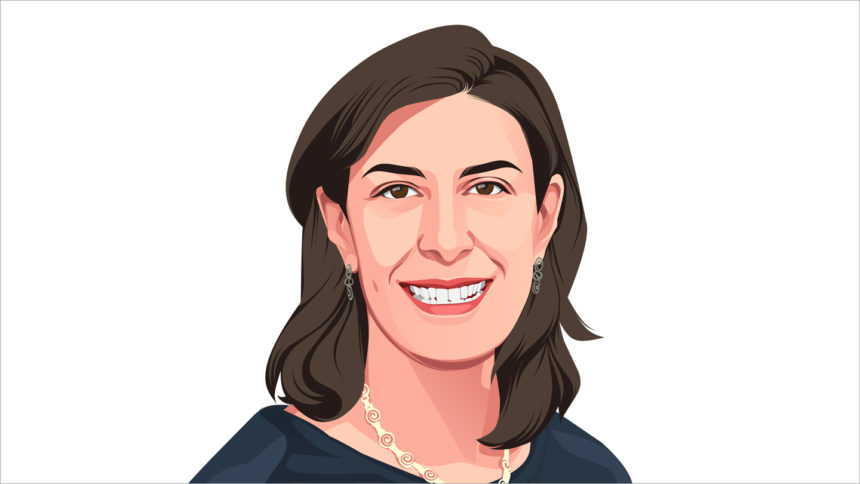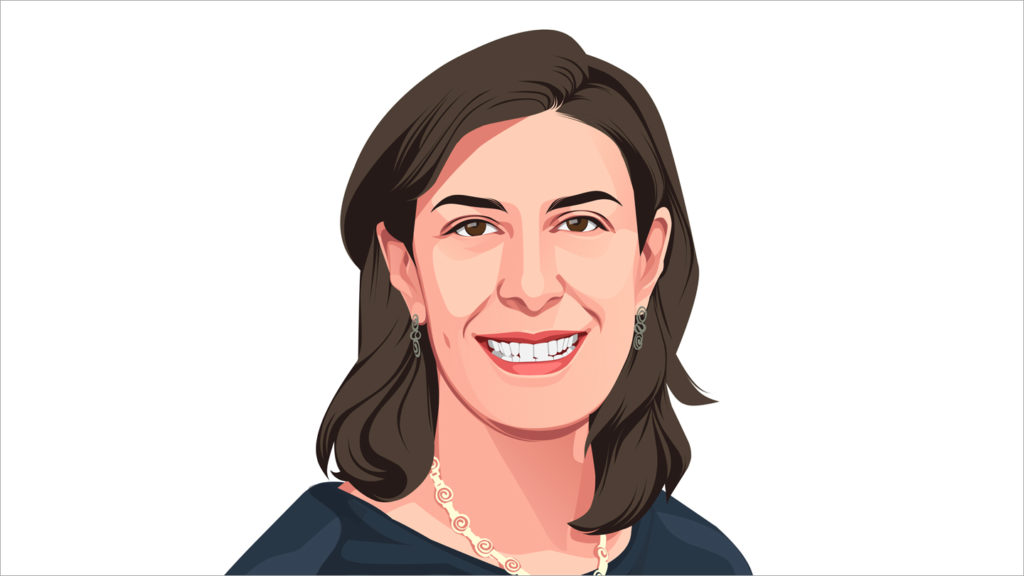
Lest home care providers think their voices and opinions surrounding the 80/20 rule have gone unnoticed, they merely needed to listen to the dialogue Tuesday at the US House Energy and Commerce Subcommittee on Health hearing addressing recent Medicaid rules.
At the hearing, which lasted over three hours, you would have heard a few congressmen grill the Centers for Medicare & Medicaid Services representative about the 80/20 rule. It wasn’t necessarily a comfortable situation for the said representative, Daniel Tsai, deputy administrator and director of the Center for Medicaid and CHIP.
Take the somewhat testy exchange between Rep. Neal Dunn (R-FL), who immediately revealed his distaste for the 80/20 provision, calling it a misguided, “top-down, one-size-fits-all mandate.” He pressed Tsai for a clear definition of how he defines the operating margin for a home- and community-based services agency.
Tsai, who proceeded to talk about the concessions in the final rule, clearly did not produce a satisfactory answer for Dunn.
“Can you give me a simple operating margin for HCBS agencies?” Dunn asked. “Do you have a number?”
“It certainly varies across entities,” Tsai replied, adding that the rule allows for transparent reporting.
“Do you have a figure for that?” Dunn shot back a little later.
When Tsai did not produce a figure, Dunn concluded, “So I don’t think we’re going to come up with a number.”
Similar tough questioning arose from Diana Harshbarger (R-TN), who asked Tsai about data used to create the rule. When Tsai did not answer her question about how many workers will have an increase, she interrupted him.
“So we don’t have a number, though? You don’t have a proposed educated guess on the number?”
While advocates of the rule were present, it was clear that several US representatives harbored reservations about the rule, which is set to take effect in 2030 and requires that 80% of Medicaid payments for home health, personal care and homemaker services be spent on workers’ compensation. In fact, it seemed that they echoed many of the arguments we have heard from providers in the days since the rule’s release.
Whether or not that changes the outcome, one thing is certain: Home care providers, not only have you spoken, you have been heard.
Liza Berger is editor of McKnight’s Home Care. Email her at [email protected].


